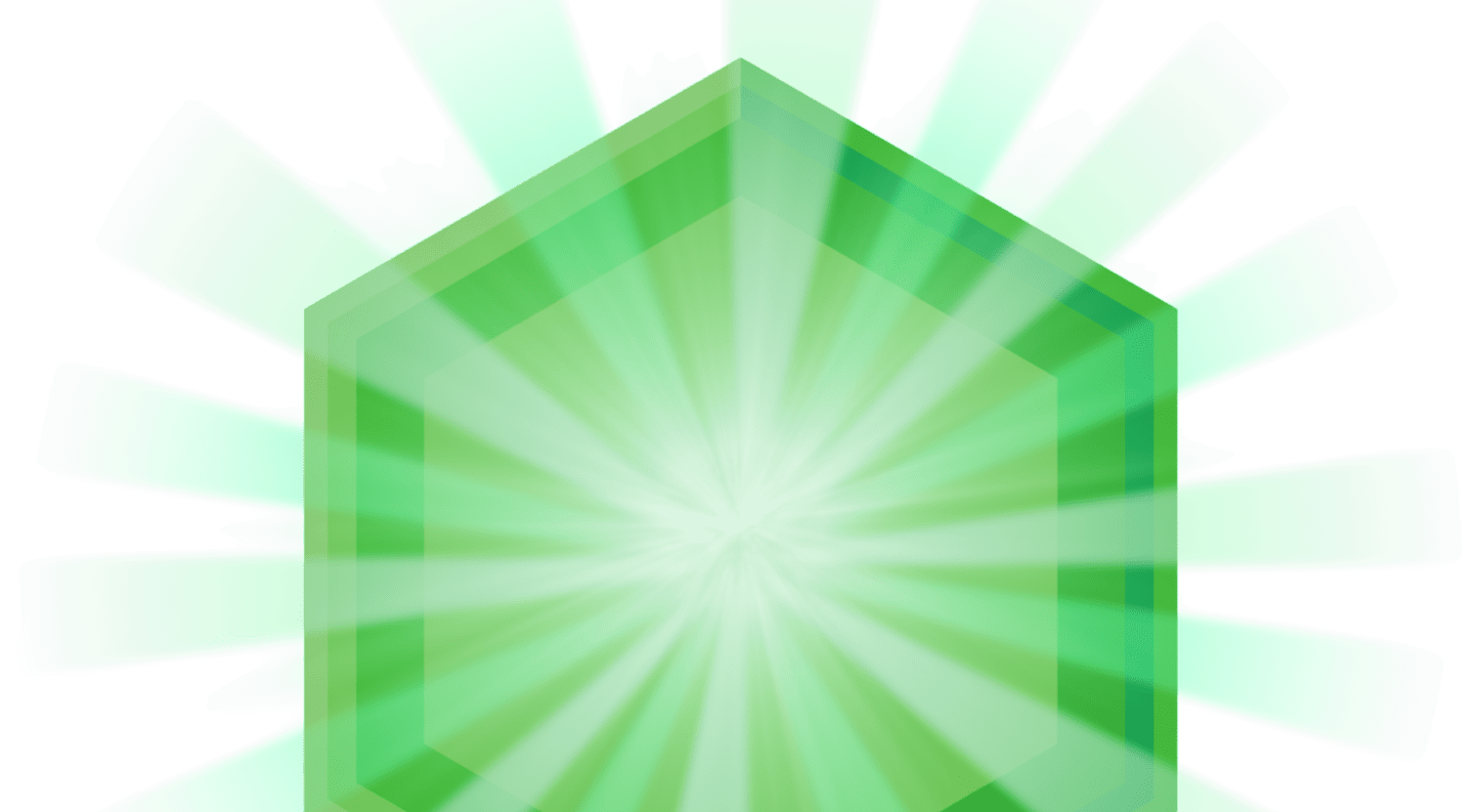
Are My Nose Symptoms Caused By Nasal Polyps?
If you’ve ever experienced difficulty breathing, nasal congestion, postnasal drip, or sinus pressure, it could be a sign of allergies—or it could also be related to nasal polyps.1 These are soft and painless growths that build up inside the nostrils or sinuses.1
Learn more about nasal polyps and how to relieve them.
What are nasal polyps?
Nasal polyps, sometimes linked to chronic sinusitis,1 are painless growths inside the nose or the sinuses that last more than 12 weeks.1 They can occur through inflammation as well as other common irritants such as:3
- Tobacco smoke
- Incense
- Aspirin and nonsteroidal anti-inflammatory drugs
- Chemical fumes
- Dust or debris
Nasal polyps can be common. Nearly half of the general population (40%) get them, and they usually happen to those in their 30s and 40s.2 Nasal polyps are more common among those with asthma, allergies, or repeated nasal infections.1
Nasal polyps share similar symptoms with the common cold.1 Symptoms of nasal polyps can include:3
- Stuffy or runny nose
- Loss or decreased sense of smell
- Facial pressure or pain
- Postnasal drip (mucus that runs from your nose into your throat)
- Pain in your upper teeth
- Snoring
- Headache
Nasal polyps are benign and noncancerous,2 and nasal polyps might not cause these symptoms.1 However, if they get irritated and swollen, it can be hard to breathe through your nose and your sense of smell may be dulled.1
Over-the-counter medication can help shrink nasal polyps and relieve symptoms, but surgery might be needed to remove them.1 And even after treatment, nasal polyps often come back.1 This physical growth is what differentiates nasal polyps from allergies: even though they may share the same symptoms, if these symptoms last longer than three months, it’s important to see a medical professional for a diagnosis.3
About nasal spray for polyps
The specific condition and diagnosis of nasal polyps requires additional treatment. Common over-the-counter sprays exist specifically for this condition, but they are separate from Flonase, which is used to treat other forms of nasal symptoms. While Flonase is not intended to treat nasal polyps, it is effective against similar symptoms, like nasal congestion, watery eyes and sneezing—which is why a consultation with an ear, nose, and throat doctor can be a productive way to determine what you have.
How to treat your nose with care
The best way to avoid nasal polyps, as well as irritation or inflammation of your nasal passages, is to do the following:1
- Manage allergies and asthma: See an allergist to determine what are your allergy triggers.
- Avoid smoke and irritants: These include tobacco smoke, chemical fumes and dust.
- Wash your hands often: This is one of the best ways to avoid colds, infections, and swelling of the nose and sinuses.
- Use a humidifier: Humidifiers add moisture to the air, which can prevent the nose from getting stuffy and irritated.
- Use a nasal rinse: A saltwater spray or nasal wash might help remove irritants.
If you’re looking to treat allergy symptoms, once-daily FLONASE nasal sprays can deliver 24-hour relief from indoor and seasonal allergies all year round.
Sources:
1. Nasal Polyps. Mayo Clinic. https://www.mayoclinic.org/diseases-conditions/nasal-polyps/symptoms-causes/syc-20351888/. Accessed 3/21/2024.
2. Nasal Polyps. Cleveland Clinic. https://my.clevelandclinic.org/health/diseases/15250-nasal-polyps/. Accessed 3/21/2024.
3. Chronic Rhinosinusitis With Nasal Polyps. https://acaai.org/allergies/allergic-conditions/chronic-rhinosinusitis-with-nasal-polyps/. Accessed 3/21/2024.



